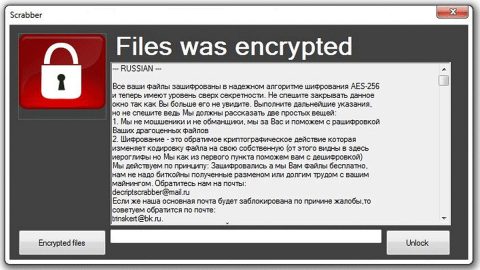When a team of hackers calls something ‘Project Hellfire’, it’s rarely a good thing for internet users around the world. A hacking group called Team GhostShell recently leaked a huge amount of sensitive data onto the internet for anybody to see. The data includes private records from government agencies, advertisers, consulting firms, and many other types of companies.
The data was reportedly stolen using an SQL injection attack, which is basically the AK47 of the hacking industry. It’s fast, effective, affordable, and easy to use. While most websites have several layers of defense against SQL injection attacks, good hackers find ways around these defenses.
Here are a few examples of some of the data that was stolen
-Administrator login information for databases
-Username and passwords from content management systems like WordPress
-Email addresses
-Technology information and sensitive industry data
-Personal contact information
-And more. There were over a million personal accounts stolen, and it’s unknown yet how much data could be in those files.
The one million personal accounts that have been leaked might be just the tip of the iceberg. Apparently, Team GhostShell has also stolen six billion (billion!) databases from a Chinese mainframe. These databases contain industry information and technology details, but probably not user accounts. In addition, 100 billion databases were apparently stolen from a mainframe from a US stock exchange platform. The stock exchange is unknown.
For what it’s worth, Team GhostShell does have a method to their madness. The data leak was designed to be a “final form of protest this summer against the banks, politicians and for all the fallen hackers this year.”
The personal information is still up on Pastebin, but who knows how long it will stay that way. Check it out here, if you’re interested. That file doesn’t show the actual user accounts that were leaked, but it does show the mirrors and hosts were users can find all that data.
Unfortunately for the average internet user, there’s nothing to really do after an attack like this. Just monitor your bank accounts, consider changing your passwords, and keep an eye out for any suspicious activity. And, as we’ve told our users time and time again, never use the same password across all your accounts – if one weak link fails, as was the case with this data leak – your entire network of personal accounts will be breached.
Project Hellfire is apparently “only the beginning”, according to the Pastebin data. In the fall and winter, Team GhostShell will be collaborating with Anonymous for several other projects.
Ultimately, if you’re still using that trusty old ‘Password123456’ password, then it’s time to get a little more creative.










